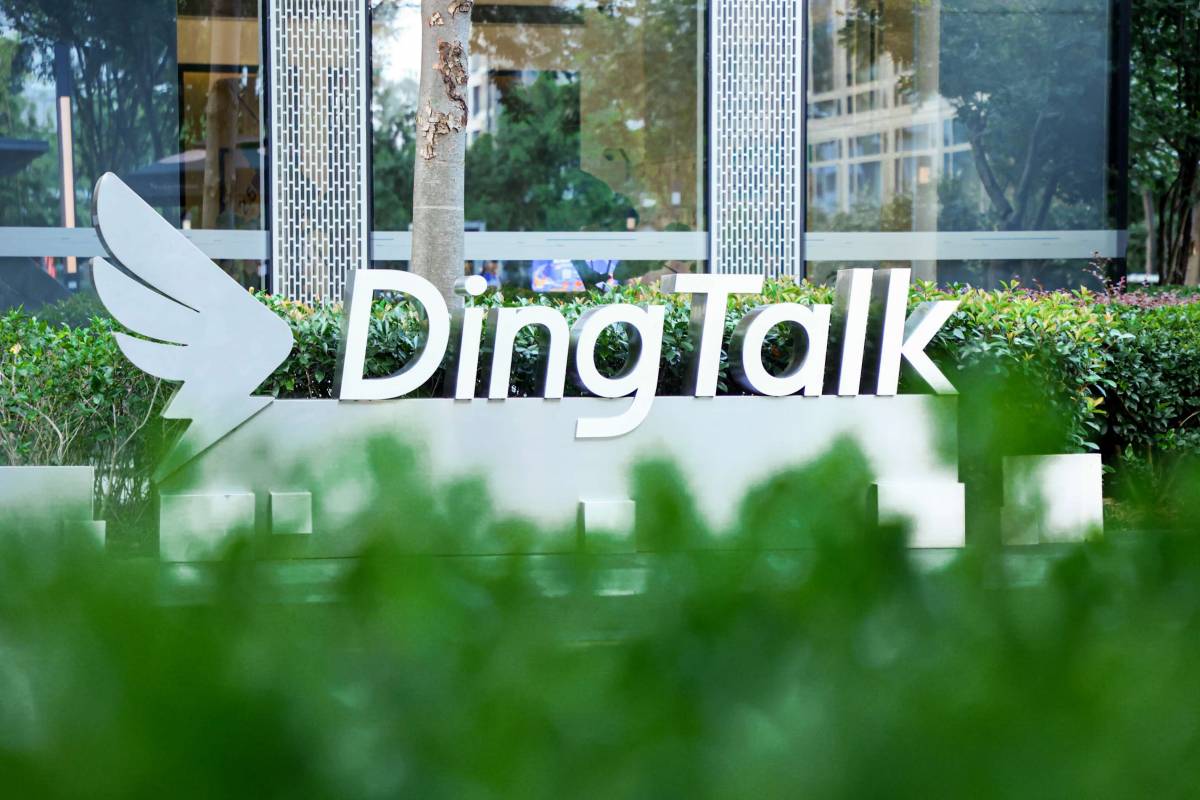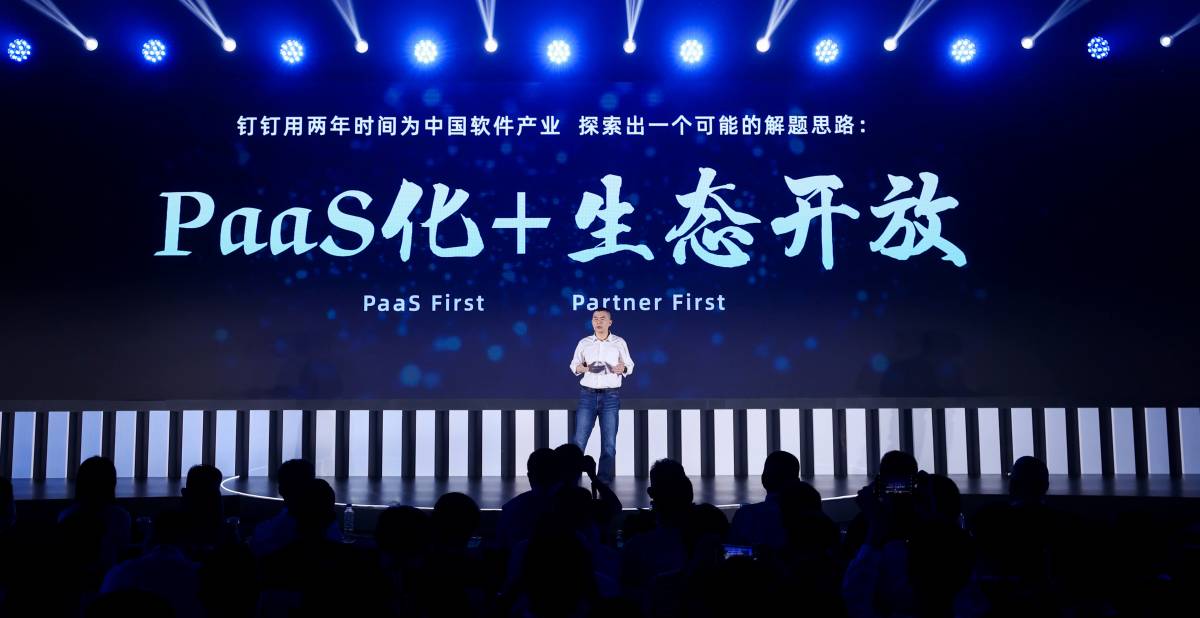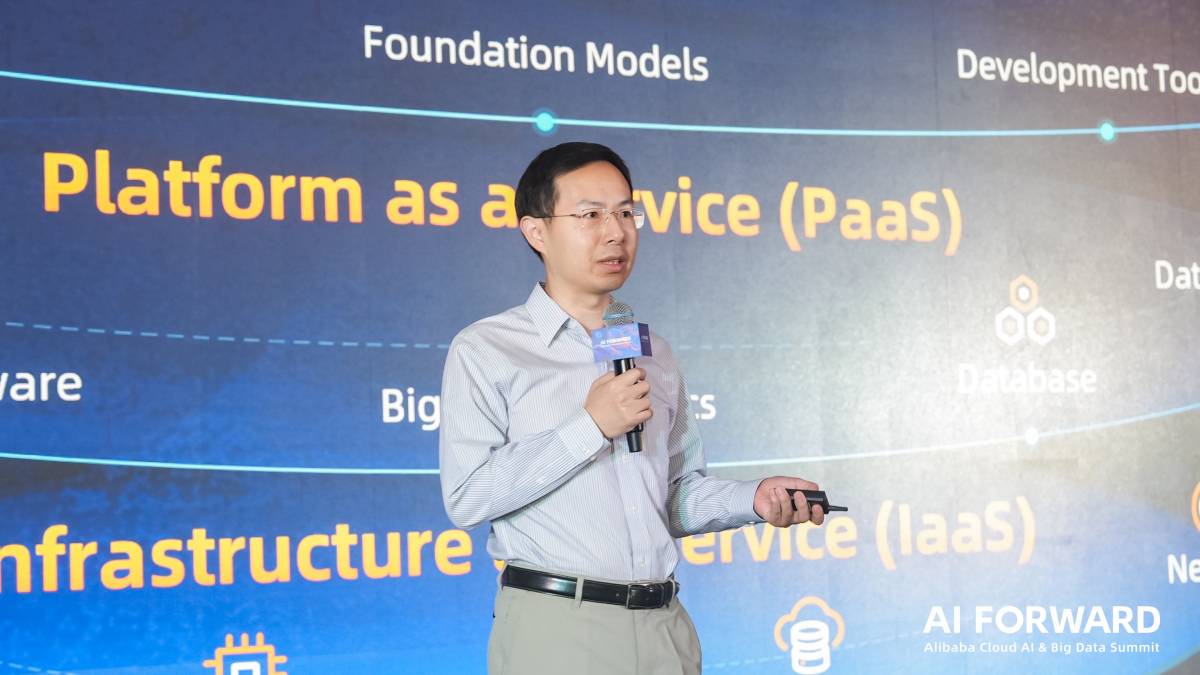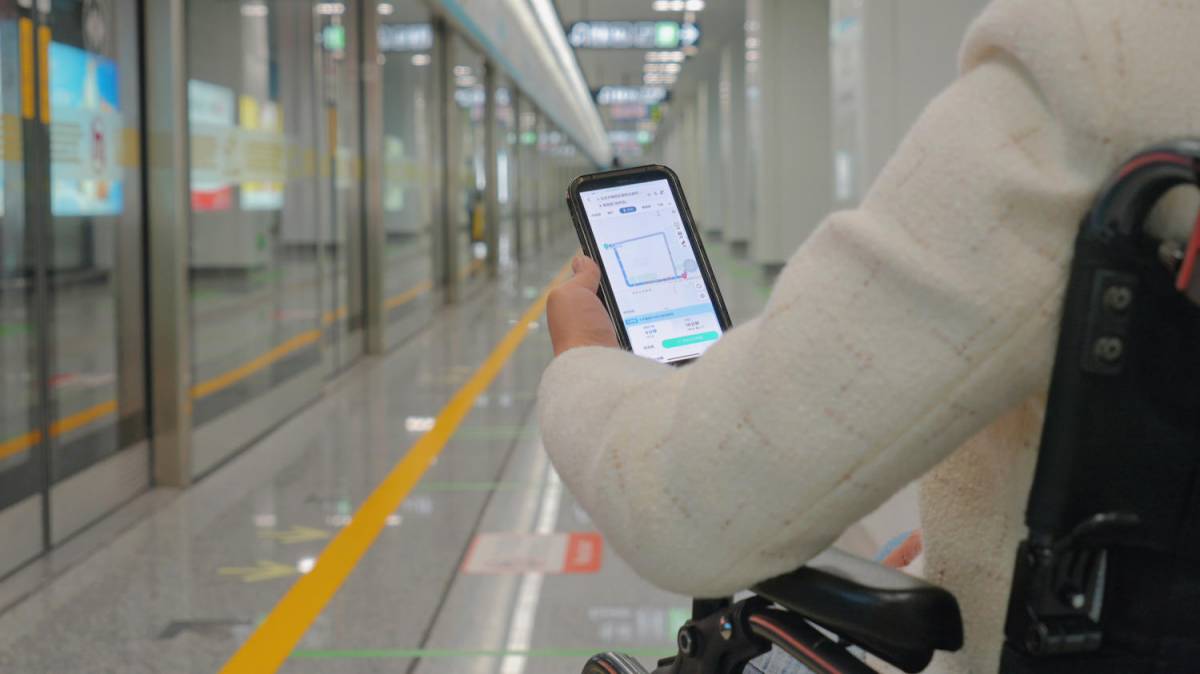
Photo credit: Alibaba Group
DingTalk, Alibaba Group’s workplace communication and collaboration platform, said last week that it had doubled its corporate users with over one million employees to 30 in two years, showing the company’s progress in attracting large enterprise clients.
The number of corporate users with over 100,000 people has also reached 600, double that of two years ago. More than one-third of active users on DingTalk are from companies with over 2,000 people, according to the platform.
The increase comes as DingTalk pivoted to providing digital services to large corporate clients in 2020, after originally designed to serve small and medium-sized enterprises. The pandemic-induced surge in demand for remote communications also boosted the platform, driving its total users worldwide to 500 million in August last year.
“The pandemic has created a huge increase in demand for online working, prompting many big companies to start to use DingTalk and raising diversified demands,” said DingTalk’s president Ye Jun at its fall summit held in Hangzhou on Wednesday.
Shanghai Mitsubishi Elevator, one of the largest elevator companies in China, has shifted its workflow entirely online since last year.
During the COVID-19 resurgence in Shanghai, the company organized more than 17,000 meetings through DingTalk, with no disruptions to daily operations and research and development.
“Tools and technology have increased our resilience,” said Qi Guohuan, chief information officer at Shanghai Mitsubishi Elevator during the summit.
By shifting from its email-based communications system to DingTalk, the elevator company has cut 85% of its operating costs in corporate communications, according to the company.
Supercharged Digitalization
DingTalk detailed its strategy for serving large enterprise clients for the first time at the summit last week. It vowed to provide customized solutions to help its corporate users go digital in collaboration with its ecosystem partners.
DingTalk launched three upgraded paid versions earlier in the year, allowing corporations to customize their platforms. It has also opened its platform to third-party developers and vendors to develop add-on features for users.
“DingTalk will stick to providing [a] platform-as-a-service and an open ecosystem to serve the demand for customization from large enterprise users,” said Ye.



The open ecosystem allows companies to easily build up their work portals at a low cost according to their needs.
For example, developers at Shanghai Mitsubishi Elevator have customized the DingTalk platform and created add-on features for project management. Its elevators powered by the internet-of-things can alert mechanics at the company when in need of maintenance through DingTalk, so that mechanics can arrive at the scene within minutes.
For large companies with their own management systems, DingTalk also offers tools to help companies integrate their existing portals onto the platform for higher efficiency. For example, by integrating sales monitoring, inventory management, and supplier management system onto DingTalk, China’s down jacket retailer Bosideng saw its efficiency increase by 20%.
Bosideng said 80% of its daily workflow is on DingTalk, the company revealed at the summit.
Over 80% of Fortune 500 Chinese companies use DingTalk, according to the platform.




